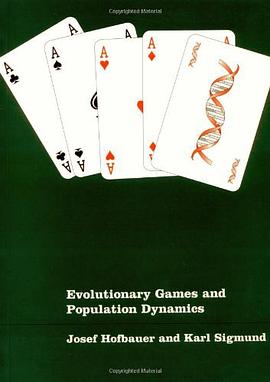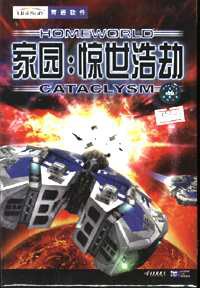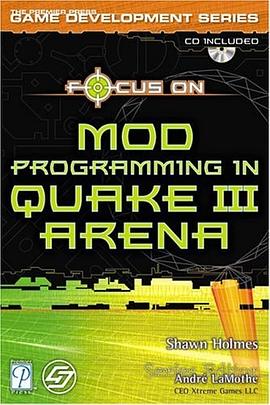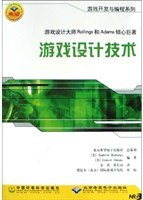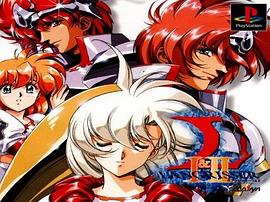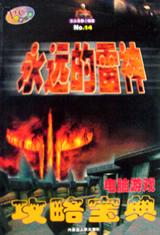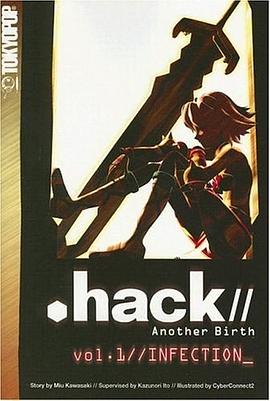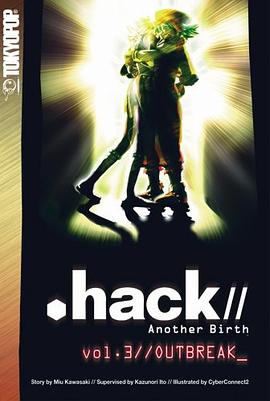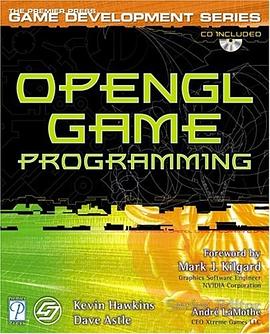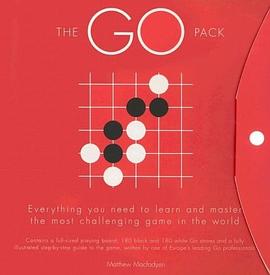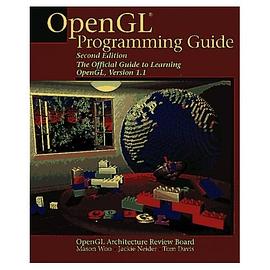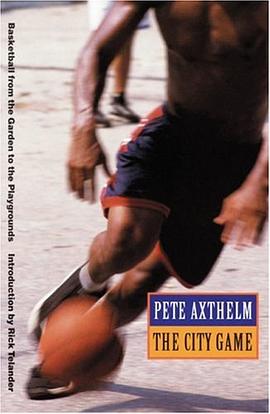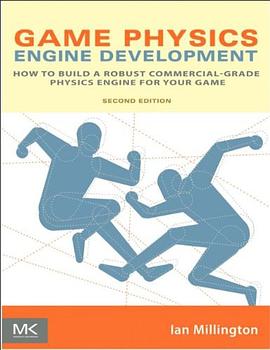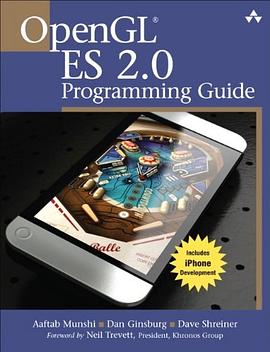

OpenGL ES 2.0 is the industry's leading software interface and graphics library for rendering sophisticated 3D graphics on handheld and embedded devices. With OpenGL ES 2.0, the full programmability of shaders is now available on small and portable devices-including cell phones, PDAs, consoles, appliances, and vehicles. However, OpenGL ES differs significantly from OpenGL. Graphics programmers and mobile developers have had very little information about it-until now. In the OpenGL(R) ES 2.0 Programming Guide, three leading authorities on the Open GL ES 2.0 interface-including the specification's editor-provide start-to-finish guidance for maximizing the interface's value in a wide range of high-performance applications. The authors cover the entire API, including Khronos-ratified extensions. Using detailed C-based code examples, they demonstrate how to set up and program every aspect of the graphics pipeline. You'll move from introductory techniques all the way to advanced per-pixel lighting, particle systems, and performance optimization. Coverage includes: * Shaders in depth: creating shader objects, compiling shaders, checking for compile errors, attaching shader objects to program objects, and linking final program objects * The OpenGL ES Shading Language: variables, types, constructors, structures, arrays, attributes, uniforms, varyings, precision qualifiers, and invariance * Inputting geometry into the graphics pipeline, and assembling geometry into primitives * Vertex shaders, their special variables, and their use in per-vertex lighting, skinning, and other applications * Using fragment shaders-including examples of multitexturing, fog, alpha test, and user clip planes * Fragment operations: scissor test, stencil test, depth test, multisampling, blending, and dithering * Advanced rendering: per-pixel lighting with normal maps, environment mapping, particle systems, image post-processing, and projective texturing * Real-world programming challenges: platform diversity, C++ portability, OpenKODE, and platform-specific shader binaries
具體描述
讀後感
论入门学习,DirectX比OpenGL友善得多,版本简单明了,装好SDK开VisualStudio就可以跑,文档案例齐全,省心省事。OpenGL有多麻烦?网上一搜,被告知需要glew;想在不同系统下快速搭建开发环境?再去找找glfw。搜个教程,又要求glut。开始写代码了,OpenGL里面没有内置数学库,...
評分论入门学习,DirectX比OpenGL友善得多,版本简单明了,装好SDK开VisualStudio就可以跑,文档案例齐全,省心省事。OpenGL有多麻烦?网上一搜,被告知需要glew;想在不同系统下快速搭建开发环境?再去找找glfw。搜个教程,又要求glut。开始写代码了,OpenGL里面没有内置数学库,...
評分我就说一处: glShaderSource 最后一个参数 length,看看这货怎么翻译的 “如果length为NULL, 着色器字符串将被认定为空。” 啥意思? 再看官方原版 “ If length is NULL, each string is assumed to be null terminated.” 请不好糟蹋好书了好吗?
評分我就说一处: glShaderSource 最后一个参数 length,看看这货怎么翻译的 “如果length为NULL, 着色器字符串将被认定为空。” 啥意思? 再看官方原版 “ If length is NULL, each string is assumed to be null terminated.” 请不好糟蹋好书了好吗?
評分论入门学习,DirectX比OpenGL友善得多,版本简单明了,装好SDK开VisualStudio就可以跑,文档案例齐全,省心省事。OpenGL有多麻烦?网上一搜,被告知需要glew;想在不同系统下快速搭建开发环境?再去找找glfw。搜个教程,又要求glut。开始写代码了,OpenGL里面没有内置数学库,...
用戶評價
瀏覽瞭一遍,本書主要講解API,rendering理論比較少,用的時候可以當手冊查看。
评分大塊頭又啃完一遍
评分瀏覽瞭一遍,本書主要講解API,rendering理論比較少,用的時候可以當手冊查看。
评分需要做VR程序設計,臨時抱佛腳學習。
评分OpenGL ES:沒有glBegin/End,但是有頂點數組;有GLSL Shader支持
相關圖書
本站所有內容均為互聯網搜索引擎提供的公開搜索信息,本站不存儲任何數據與內容,任何內容與數據均與本站無關,如有需要請聯繫相關搜索引擎包括但不限於百度,google,bing,sogou 等
© 2025 qciss.net All Rights Reserved. 小哈圖書下載中心 版权所有



